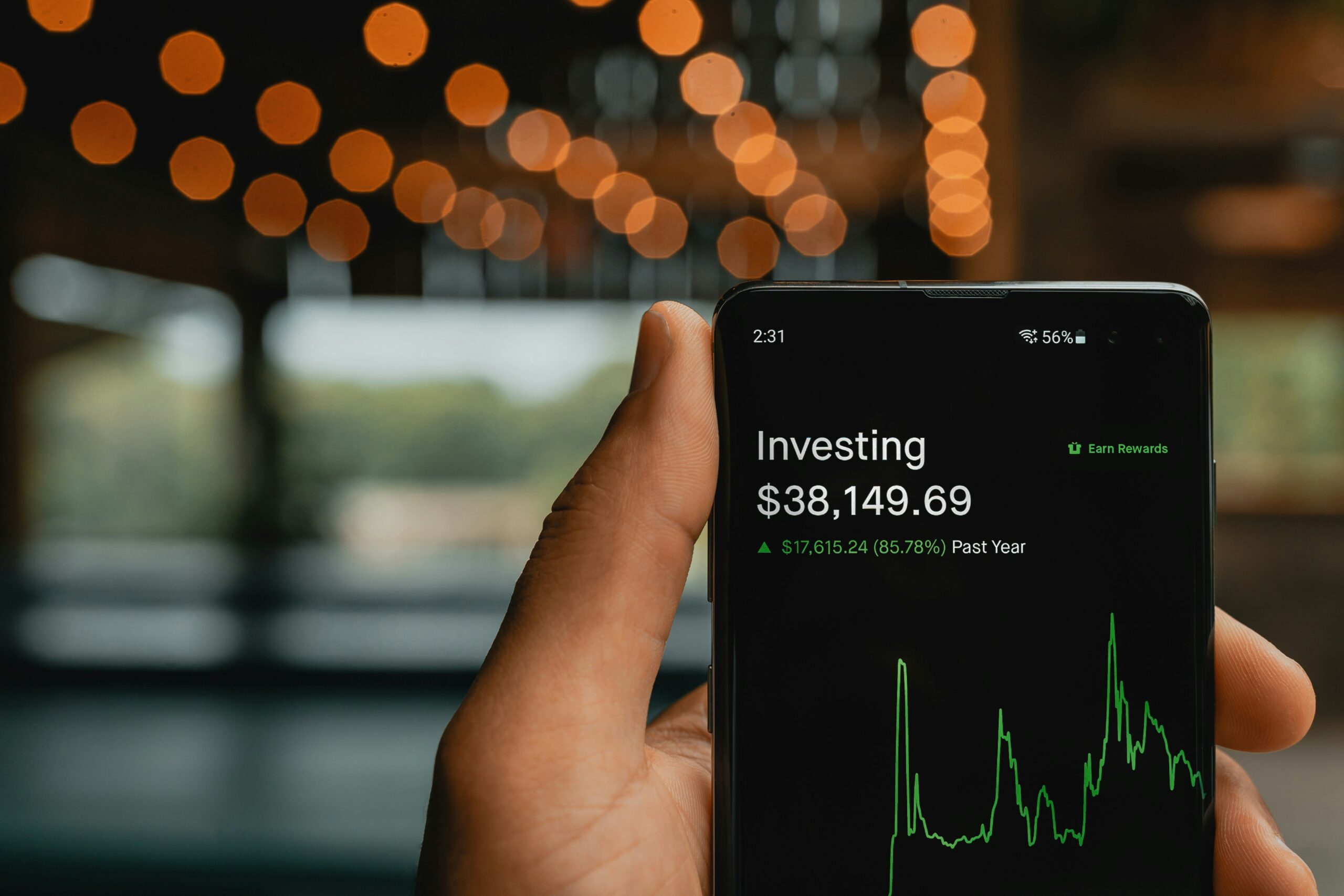The psychology of spending plays a significant role in your financial decisions, often more than logic or budgeting alone. While many people believe their purchases are based on needs or affordability, much of our buying behavior is driven by emotion, habit, social influence, and even brain chemistry. Understanding why you buy what you buy can help you take control of your finances, avoid unnecessary debt, and align your spending with your long-term goals.
Emotional Spending and Instant Gratification
One of the strongest psychological drivers behind spending is emotion. Retail therapy is real—shopping can provide a temporary mood boost or sense of control, especially during times of stress, boredom, or sadness. The brain releases dopamine during a purchase, reinforcing the behavior as pleasurable.
This emotional cycle is why people often make impulsive purchases after a bad day or during celebratory moments. Unfortunately, these short-term highs are often followed by buyer’s remorse or credit card debt. Recognizing emotional spending patterns can help break the cycle and encourage more mindful financial choices.
Read more: 10 Credit Card Mistakes That Are Costing You Thousands
The Influence of Social Proof and Comparison
Humans are social creatures, and our spending reflects that. Whether it’s keeping up with friends, influencers, or societal expectations, many purchases are influenced by what others are doing or appear to have. This psychological phenomenon is known as social proof.
Seeing others buy a product or live a certain lifestyle often creates a fear of missing out (FOMO), leading people to spend beyond their means to feel included or validated. Luxury brands, lifestyle marketing, and social media intensify this effect, especially among younger consumers.
Developing awareness of these triggers can help you pause before purchasing and evaluate whether the expense truly adds value to your life—or just temporarily satisfies a social urge.
Anchoring and Price Perception
Another psychological factor that influences spending is “anchoring”—the tendency to rely heavily on the first piece of information offered when making decisions. For example, if a designer jacket is priced at $500 and then marked down to $250, the discount makes it feel like a deal, even if $250 is still outside your budget.
Retailers and marketers use anchoring to their advantage, presenting high-priced items first to make subsequent ones seem more affordable. Understanding this trick can help you avoid falling for inflated value perceptions and focus instead on whether the product is worth it to you personally.
Habitual Spending and Decision Fatigue
Over time, spending becomes habitual. Whether it’s your daily coffee run, weekly online shopping, or automatic subscriptions, these routines often continue without much thought. This is partly due to decision fatigue—when faced with too many choices throughout the day, the brain takes shortcuts by defaulting to familiar actions.
While habits can be helpful, like automated savings, they can also lead to financial leakage. Performing a “spending audit” can help identify unconscious habits and create new systems that align with your goals—such as meal prepping instead of eating out, or setting limits for digital purchases.
The Role of Identity and Self-Worth
For many people, spending is tied to identity. What you buy often reflects how you see yourself or how you want others to see you. Whether it’s designer clothing, fitness gear, or smart home devices, purchases are used to express status, taste, or aspiration.
This identity-driven spending can lead to disconnection between your financial reality and your projected image. It can also fuel self-worth issues when you can’t “afford” the lifestyle you want to portray. Real financial confidence comes from aligning your spending with your values, not your ego.
Strategies to Outsmart Your Spending Instincts
To regain control over psychological spending, start with awareness. Track your spending without judgment for 30 days to notice patterns. Ask yourself why you’re making each purchase—is it a need, a want, or an emotional reaction?
Consider implementing a 24-hour rule for non-essential purchases. This pause gives your brain time to reassess and reduces impulsivity. You can also limit exposure to marketing by unsubscribing from promotional emails and minimizing time on social media.
Setting financial goals tied to meaningful outcomes—like saving for a trip or paying off debt—can provide motivation that overrides emotional spending urges. And finally, automate your savings so you “pay yourself first” before discretionary money is available to spend.
How To Outsmart Your Brain For A Better Life — 42courses.com
Conclusion
The psychology of spending reveals that financial decisions are rarely just about numbers—they’re deeply rooted in human behavior, emotion, and identity. By understanding why you buy what you buy, you gain the power to shift from reactive to intentional spending. This self-awareness is the foundation for building a healthier relationship with money and ultimately achieving financial peace of mind.











